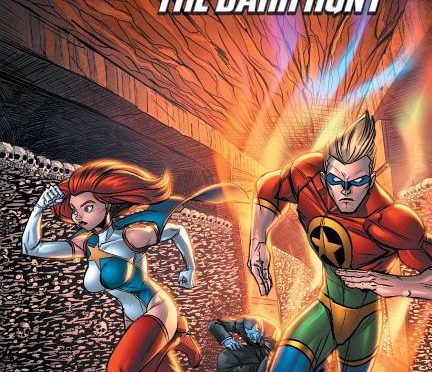Back in the postwar years, there were several science fiction movies with a theme that involved powerful aliens using mind control on humanity. If you grew up watching reruns of old TV shows (before there were a zillion 24-hour cable channels), then you may have noticed the old “invisible alien entity takes over the ship via mind control of the crew” plot used a few times in the original Star Trek and nearly every episode of Voyage to the Bottom of the Sea.
My Lai has no concrete connection to the atrocity in Vietnam, so far as I can tell. It’s got a similar theme to those old science fiction dramas, but with a twist: the sinister force taking over Planet Earth is neither alien nor invisible. In fact, most of us have probably encountered this villain at least once. I can tell you that a young, bored boy growing up in the backwoods with time on his hands and a rock or other potential projectile within reach is very well acquainted with this particular villain.
(That’s right: bees. Throw something into a beehive and find out how fast you can run…or how many bee stings you can tolerate.)
Bees have decided that it’s time to take the planet back from humanity. Much like a demonic entity, they start by possessing the body of a human, and can then control it from within. The method of possession is rather grotesque, but is similar to how parasites perform mind control in the animal kingdom. Using one human host, the bees can entrap and infiltrate others. The human hosts then become drones, nurses, or queens, just like their tiny insect puppetmasters.
When the story opens, the bees’ plot for world domination has been wildly successful, but there is organized human resistance. One particular guerrilla band uses guns, flamethrowers, and Molotov cocktails to bring smoke on a hybrid colony of bees and their human thralls. Hoowah! The mayhem is quite gratifying. Their destruction of a hive/village would no doubt be considered equivalent to the My Lai massacre by the bees and those controlled by them.
I haven’t asked author David Dubrow anything about this story, but I’d be astounded if he denied that it is a parable–probably on more than one level.
The way the bees spread their control smacks of “the domino theory,” for starters. For regular readers of this blog who have seen me refer to our collective enemy as “the Hive Mind” (when I write about the left wing, the SJWs; or the institutions they dominate like Hollywood, academia, Big Tech, the DNC, etc.), you might see this for the perfect metaphor that it is. Once a person is melded into the Hive Mind, any potential or capability they once might have had for independent thought is subsumed by whatever The Narrative is during the Current Year.
(For instance: the Leftist Hive Mind once vehemently defended the First Amendment, in order to push pornography, junk science, and Marxist propaganda. But now that they’ve transformed the culture, brainwashed the masses, and secured power for themselves, they are trying to eradicate the First Amendment [with “hate speech” legislation, selective application of “separation of Church and State” arguments, etc.] so that no thoughtcriminals can challenge any aspect of their Narrative.)
This is an overtly politically-focused review (shocker, eh?). But My Lai doesn’t sledgehammer the politics at readers the way I often do on this blog. The political message is there if you want to notice it, but it’s not overbearing and there are possibly many readers who would miss it altogether…just like how the last few generations have been unaware of the underlying messages in mainstream entertainment.
My Lai is one thought-provoking story in Appalling Stories 4–an anthology that is well off the beaten path.

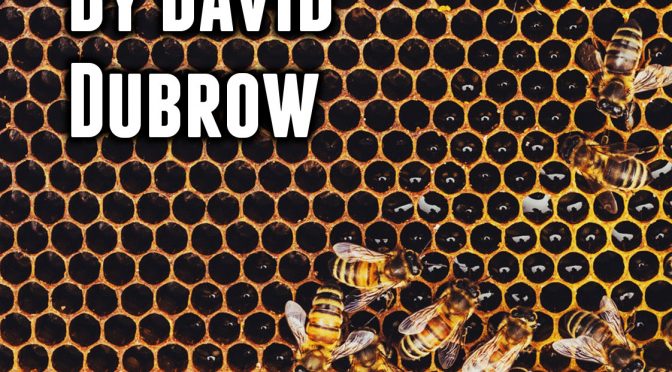
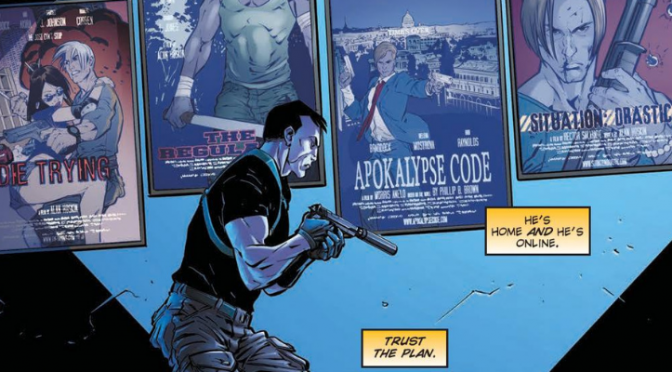



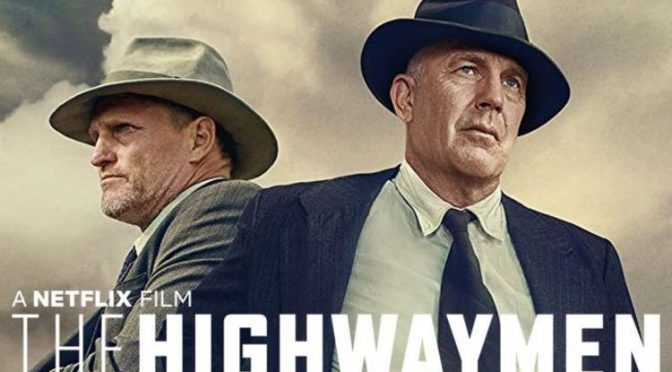
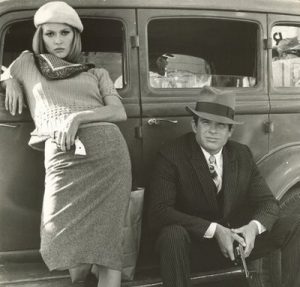 Both the critics and cheerleaders of The Highwaymen are
Both the critics and cheerleaders of The Highwaymen are  In the lost America they enjoyed, cultural icons like pioneers, farmers, cowboys, soldiers, inventors, entrepreneurs and fathers were accepted and promoted as role models that children should aspire to emulate. But this infuriated the cultural Marxists, who wanted a society like what we have now, where the “heroes” are degenerate celebrities, drag queens, pedophiles, other sexual deviants, illiterate street gangsters, sleazy lawyers, hate crime hoaxers, infanticidal feminists, grifters, serial killers and treasonous politicians.
In the lost America they enjoyed, cultural icons like pioneers, farmers, cowboys, soldiers, inventors, entrepreneurs and fathers were accepted and promoted as role models that children should aspire to emulate. But this infuriated the cultural Marxists, who wanted a society like what we have now, where the “heroes” are degenerate celebrities, drag queens, pedophiles, other sexual deviants, illiterate street gangsters, sleazy lawyers, hate crime hoaxers, infanticidal feminists, grifters, serial killers and treasonous politicians.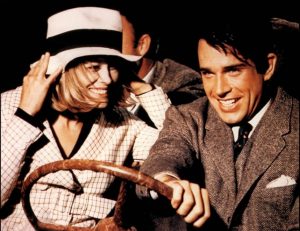 The movie critics, now foaming at the mouth because the Texas Rangers in The Highwaymen who stopped the glamorous bankrobbers are portrayed sympathetically, gush in masturbatory praise over the trailblazing, romantic, revisionist Bonnie and Clyde from 1967.
The movie critics, now foaming at the mouth because the Texas Rangers in The Highwaymen who stopped the glamorous bankrobbers are portrayed sympathetically, gush in masturbatory praise over the trailblazing, romantic, revisionist Bonnie and Clyde from 1967.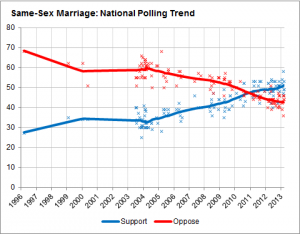 But now homosexuality is ubiquitously promoted as normal and moral–and you better not speak against it or you’ll either lose your job, be fined out of business, or in some cases, jailed. Audiences wouldn’t bat an eye at seeing Clyde depicted that way today, so why wouldn’t the film-makers ram it down our throats as usual, to perpetuate their familiarity-conditioning? They insert it absolutely everywhere else, even when it’s not relevant or necessary, let alone historically accurate. What a curious artistic decision, my dear Watson.
But now homosexuality is ubiquitously promoted as normal and moral–and you better not speak against it or you’ll either lose your job, be fined out of business, or in some cases, jailed. Audiences wouldn’t bat an eye at seeing Clyde depicted that way today, so why wouldn’t the film-makers ram it down our throats as usual, to perpetuate their familiarity-conditioning? They insert it absolutely everywhere else, even when it’s not relevant or necessary, let alone historically accurate. What a curious artistic decision, my dear Watson.
